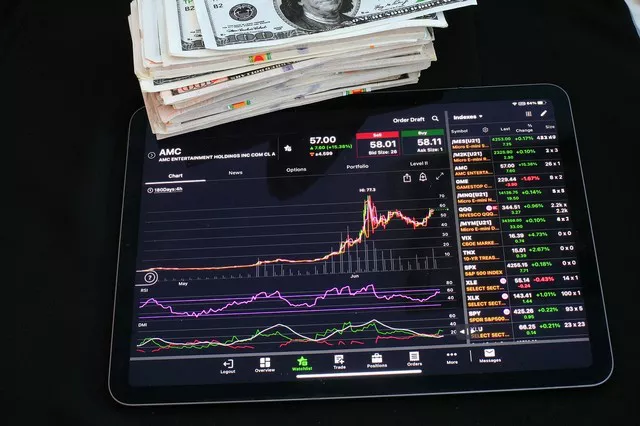Trading sugar futures contracts offers investors the opportunity to participate in the dynamic commodities market and capitalize on price movements in the sugar industry. However, finding the right platform to trade sugar futures is essential for traders looking to access liquidity, execute trades efficiently, and manage risk effectively. In this article, we explore the various platforms where traders can trade sugar futures contracts, highlighting their features, advantages, and considerations.
Futures Exchanges
One of the primary venues for trading sugar futures contracts is through regulated futures exchanges such as the Intercontinental Exchange (ICE) and the New York Mercantile Exchange (NYMEX). These exchanges provide a centralized marketplace for buying and selling sugar futures contracts, offering transparency, liquidity, and price discovery. Traders can access sugar futures contracts on these exchanges through futures brokers, online trading platforms, and direct access to the exchange.
Online Trading Platforms
Many online brokerage firms offer trading platforms that allow investors to trade sugar futures contracts from the comfort of their own homes or offices. These platforms provide a user-friendly interface, advanced charting tools, real-time market data, and order execution capabilities, enabling traders to execute trades quickly and efficiently. Online trading platforms may also offer educational resources, research tools, and customer support to assist traders in making informed decisions.
Futures Brokers
Futures brokers act as intermediaries between traders and futures exchanges, facilitating the execution of trades and providing access to a wide range of futures contracts, including sugar futures. These brokers offer personalized services, market insights, and trading advice to help clients navigate the complexities of the futures market. Traders can choose from full-service brokers, who offer comprehensive trading services and personalized support, or discount brokers, who provide low-cost trading services with minimal assistance.
Commodity Trading Advisors (CTAs)
Commodity Trading Advisors (CTAs) are professional money managers who specialize in trading futures contracts and other derivatives on behalf of clients. CTAs use sophisticated trading strategies, risk management techniques, and proprietary algorithms to generate returns in the futures market. Investors can allocate capital to CTAs through managed accounts or investment funds, allowing them to benefit from the expertise and experience of professional traders in the commodities market.
Exchange-Traded Funds (ETFs)
Exchange-Traded Funds (ETFs) offer investors a convenient way to gain exposure to the commodities market, including sugar futures contracts, through a diversified portfolio of futures contracts or related assets. Sugar ETFs track the performance of sugar futures contracts or sugar-related indexes, providing investors with exposure to the sugar market without the need to directly trade futures contracts. ETFs offer liquidity, transparency, and flexibility, making them popular investment vehicles for traders seeking to diversify their portfolios.
Considerations for Trading Sugar Futures
When trading sugar futures contracts, there are several factors to consider:
1. Market Knowledge: Understanding the fundamentals of the sugar market, including supply and demand dynamics, production trends, weather conditions, and geopolitical factors, is essential for making informed trading decisions.
2. Risk Management: Futures trading involves inherent risks, including price volatility, leverage, and counterparty risk. Implementing risk management strategies, such as setting stop-loss orders, diversifying portfolios, and managing position sizes, is crucial for protecting against potential losses.
3. Trading Strategy: Developing a trading strategy based on thorough market analysis, technical indicators, and risk tolerance is essential for achieving consistent profitability in the futures market. Traders can choose from various trading strategies, including trend following, countertrend trading, and range trading, depending on their objectives and preferences.
4. Regulatory Compliance: Trading futures contracts requires adherence to regulatory requirements set forth by futures exchanges, regulatory agencies, and brokerage firms. Traders must comply with trading rules, margin requirements, and reporting obligations to ensure compliance and avoid legal risks.
Conclusion
In conclusion, traders have several options for trading sugar futures contracts, including futures exchanges, online trading platforms, futures brokers, commodity trading advisors, and exchange-traded funds. Each trading platform offers unique features, advantages, and considerations, depending on the needs and preferences of the trader. By understanding the available options and considering factors such as market knowledge, risk management, trading strategy, and regulatory compliance, traders can choose the most suitable platform for trading sugar futures and capitalize on opportunities in the dynamic commodities market.


